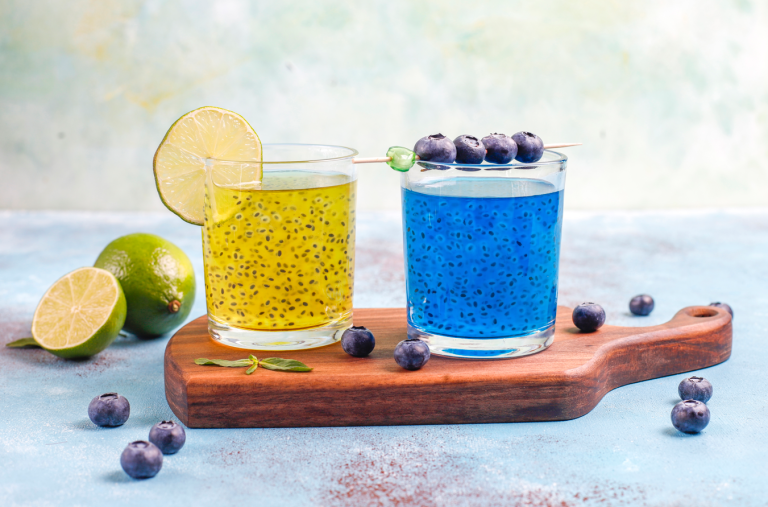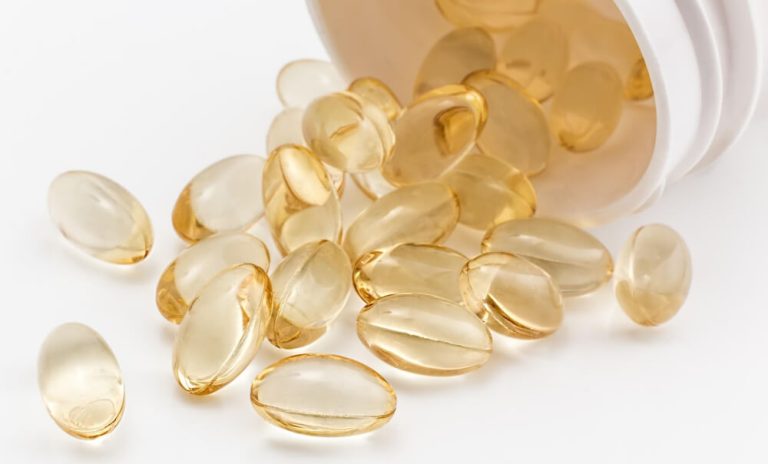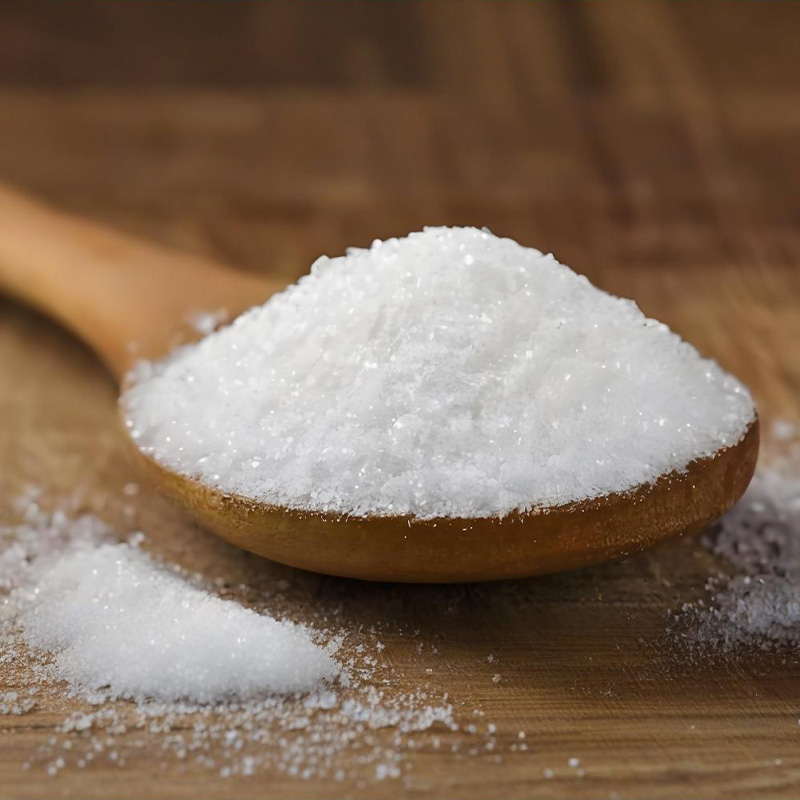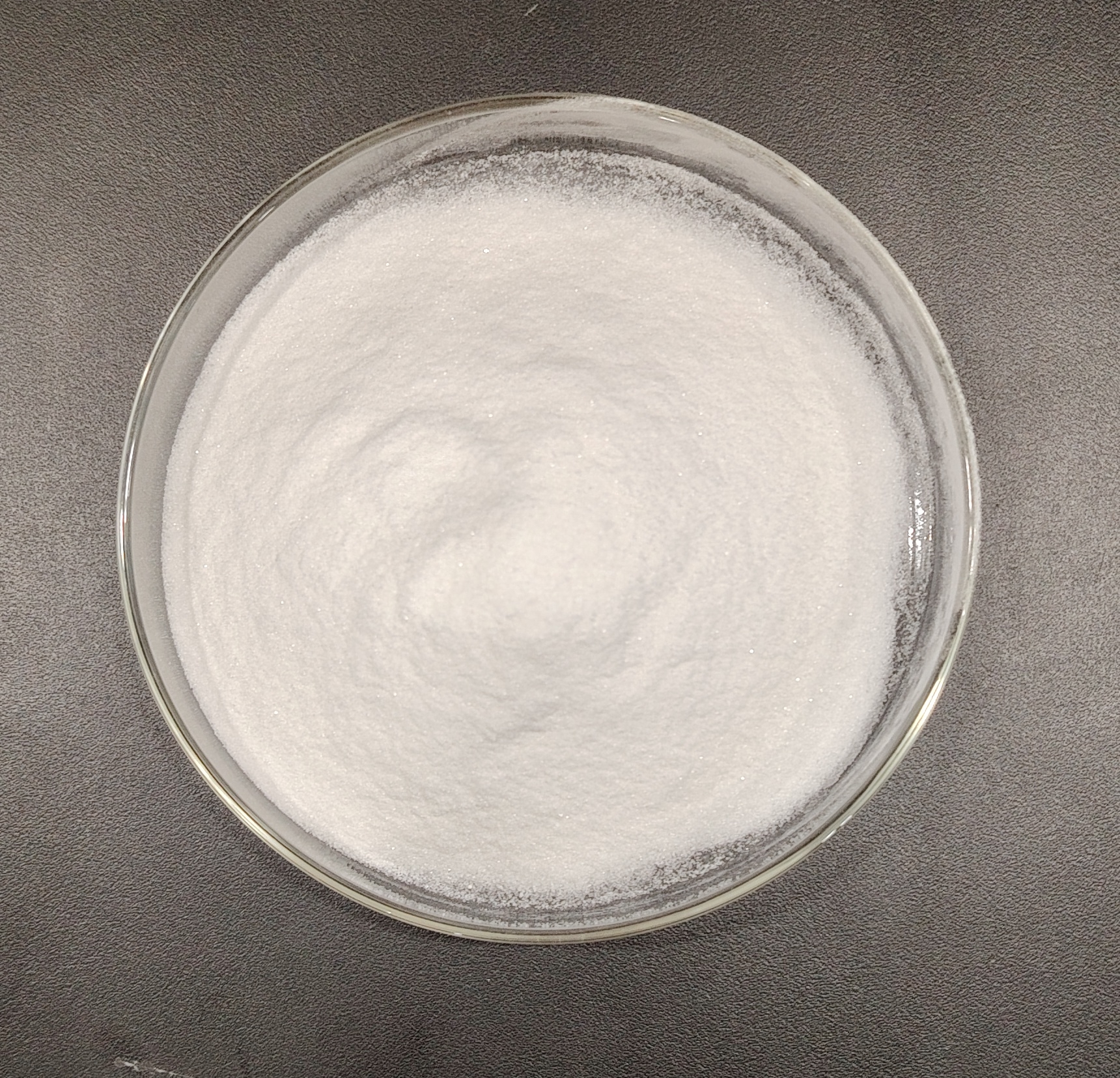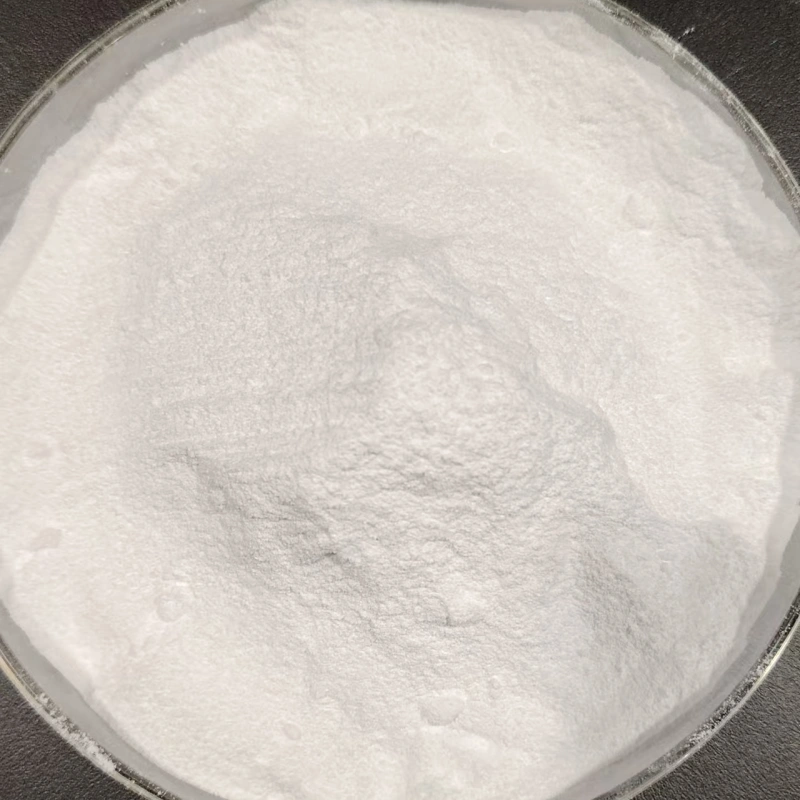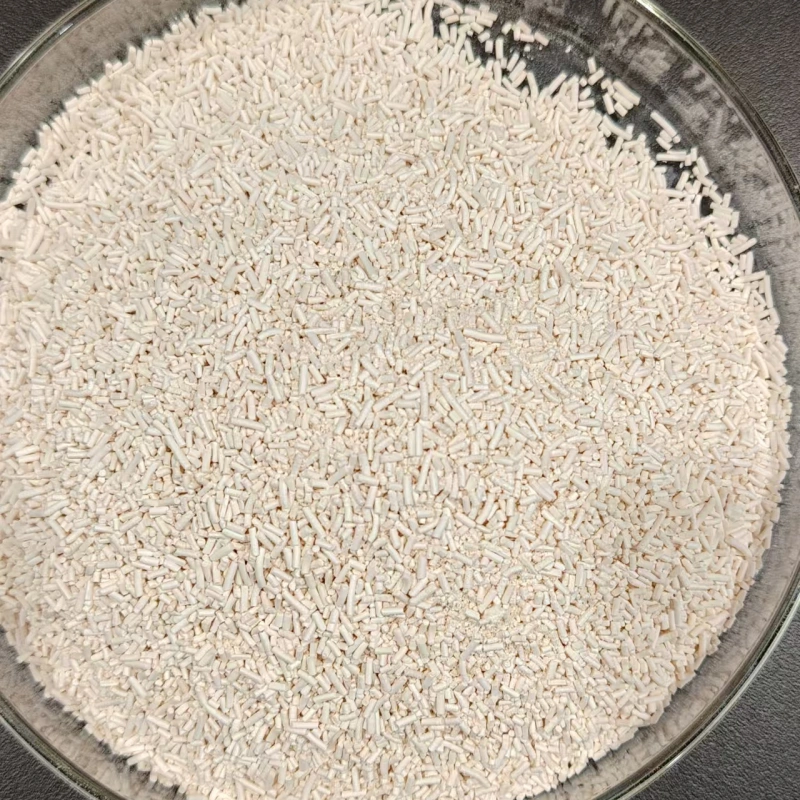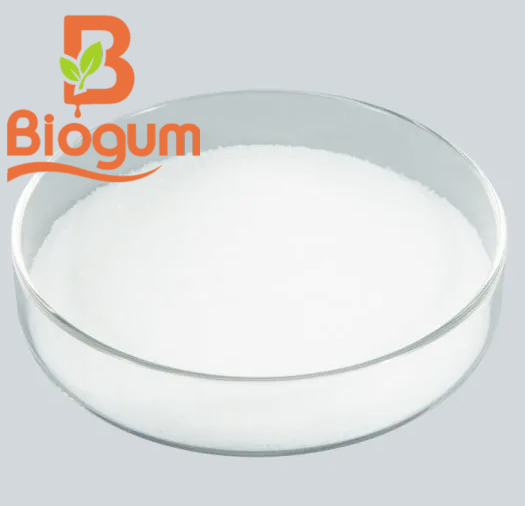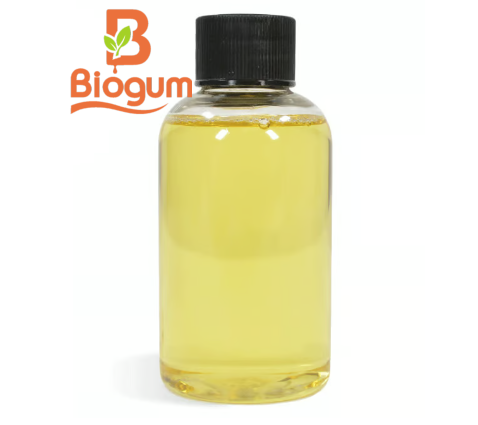Product Summary
Vitamin C (L-Ascorbic Acid) is a water-soluble vitamin known for its antioxidant properties. It supports collagen production, immune function, and iron absorption. Widely used in food, pharmaceuticals, cosmetics, and animal feed, it acts as a nutrient booster, preservative, and skin care ingredient. In foods, it helps prevent oxidation and enriches nutritional value, while in pharmaceuticals, it’s essential for treating deficiencies and boosting immunity. Due to its sensitivity to light and heat, proper storage in a cool, dry place is required.
Introduction
Vitamin C (L-Ascorbic Acid) is an essential water-soluble vitamin that is naturally present in various foods and available as a dietary supplement. It is well-known for its antioxidant properties and collagen synthesis support, making it critical for immune function, skin health, and the maintenance of blood vessels, cartilage, and bones. Vitamin C is also involved in the absorption of iron from plant-based foods, promoting better iron utilization in the body.
Because it is highly soluble in water, Vitamin C is typically found in the form of ascorbic acid or its derivatives like ascorbate salts. The compound is extremely sensitive to heat, light, and oxygen, which is why it is often protected in solid forms or incorporated into special formulations.
Due to its wide range of benefits, Vitamin C is used across multiple industries, including food, cosmetics, pharmaceuticals, and animal feed.
Specification (Typical Values)
| Appearance | White or almost white crystalline powder |
| Assay (on dry basis) | ≥ 99.0% |
| Specific Optical Rotation | +20.5° ~ +21.5° |
| Loss on Drying | ≤ 0.4% |
| Residue on Ignition | ≤ 0.1% |
| Heavy Metals (Pb) | ≤ 10 ppm |
| Arsenic (As) | ≤ 3 ppm |
| Iron (Fe) | ≤ 2 ppm |
| Copper (Cu) | ≤ 5 ppm |
| pH Value (5% aqueous solution) | 2.1 – 2.6 |
| Melting Point | 190–192°C (decomposes) |
Applications
Food & Beverage: Vitamin C is added to foods and drinks for nutritional fortification and to prevent oxidation. It enhances the shelf-life and preserves the color and flavor of products like juices, candies, and dairy.
Pharmaceuticals: Vitamin C is used in supplements and medications to prevent and treat deficiencies, support immune function, and promote overall health. It is also used in injectable forms for patients with severe deficiencies.
Cosmetics: In skincare, Vitamin C is a key ingredient for its antioxidant properties, helping to reduce fine lines and brighten the skin. It is commonly used in serums, creams, and lotions to promote collagen production.
Animal Feed: Vitamin C is added to animal feed to boost growth, enhance immune function, and improve resistance to stress. It supports overall health in livestock, poultry, and aquaculture.
Usage
Food & Beverage: Typically added at 30–500 mg/kg depending on product category and regulatory limits.
Pharmaceuticals: As directed by pharmacopeia standards (e.g., tablets commonly contain 50–1000 mg per dose).
Cosmetics: Used at 0.2–3% in formulations such as serums, creams, and lotions.
Animal Feed: Inclusion rate varies by species, generally 50–200 mg/kg feed.



